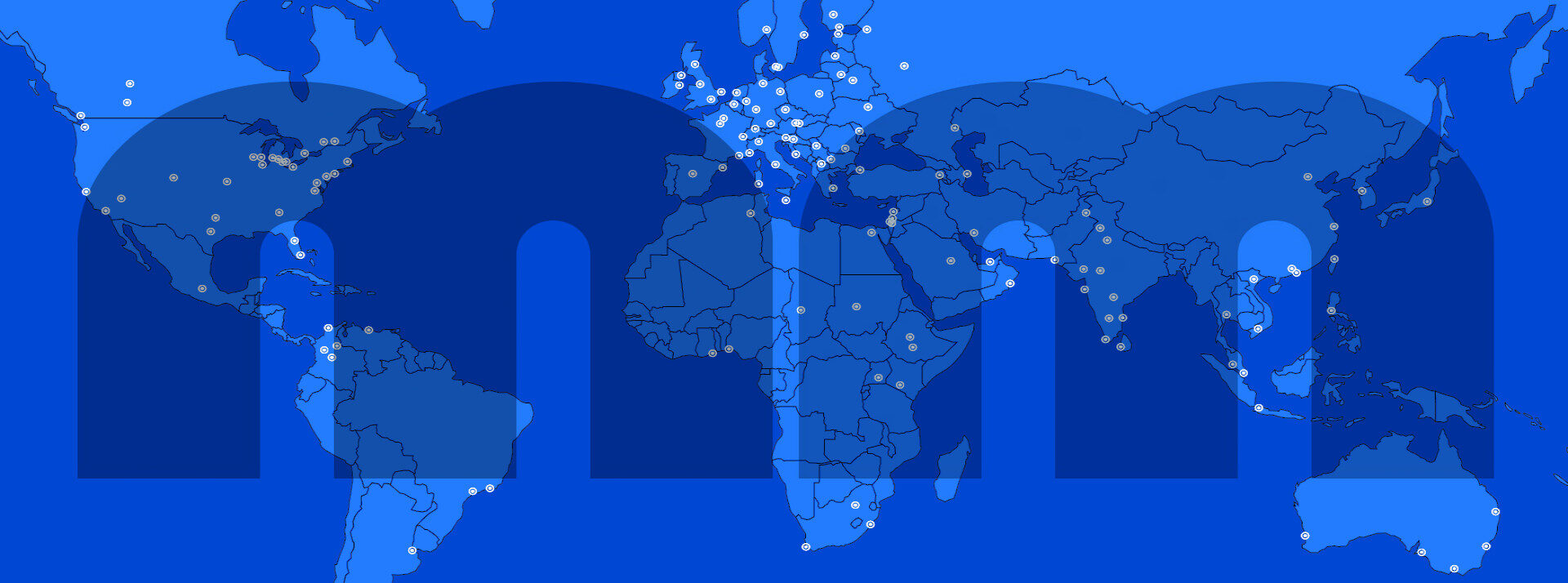#7 – (Mobile) Media Revolution
Posted on: June 21, 2010 – Filed under: Vienna
The response of Austria’s media to the upcoming (mobile) media revolution.
As the media world is finally coming out of the stone age things are beginning to become exciting and can lead to uncertainty, but one thing is for certain: old media (business models) must die.
The money is on the table
The vast majority of more than 160 attendees at MobileMonday’s “Mobile Media Revolution” event would actually pay for quality content on the digital channel. That is the surprising result of an informal survey conducted at our most recent MobileMonday on June 21 in the Museum of Natural History in Vienna. Why many media companies do not yet understand that there is money to be made, was one of the key “take-aways” gleaned from a high-profile panel of media experts.
13 Percent willing to pay
Between three to four percent of readers who regularly consume digital news content have paid for it in the past. Moreover, it has been projected that 11 to 13 percent of digital news content readers would be willing to pay for it in the future, said Andreas Hladky, Senior Consultant at Point of Origin. Hladky cited a study conducted by Forrester Research and highlighted that the problem is not that consumers are unwilling to pay for content. “It is rather the media companies and publishers who believe that through the introduction of tablets (like the iPad / WeTab) consumers will suddenly start to pay for content which was normally free on the Web. Therefore, the primary task for media companies,” according to Hladky, “is to produce fresh, attractive news content delivered through innovative media formats and sustainable business models.”
The search for new models: Can Google help?
With regards to searching for new business models, Helmut Hoffer von Ankershoffen, CEO of neofonie, compared current media with the music industry: “Just because I buy a newspaper, it does not mean I’m going to read the entire newspaper. On the contrary, very often i am only interested in one or two articles. Therefore, readers should be able to buy single articles the same way they buy individual tracks of music. This offers opportunities for intelligent rebundling offers.” He suggested that Google is already working on a similar concept business model.
50.000 Tablets per year in Austria expected
This comparison with the music industry did not convince Peter Krotky, Managing Director and Chief Editor of DiePresse.com: “A music product can be used for 30 years, a news article is usually no longer interesting the next day”. Another possible model that has been discussed that evening is subscription which works out well in traditional media, but also advertising might be a source of revenue if attractive reach can be generated. In regards to potential reach, Peter Krotky shared of conversations with mobile experts who project that about 50,000 tablet devices will be sold in Austria each year.
What do ego-trippin’ users want?
“Users are not interested in how media companies will make money” was a feedback on the Twitter Wall. Everyone came to the conclusion that the way media companies make their money is really not the problem of the reader. “What the consumer is really interested in are lean solutions,” said Hladky from point of origin. Sleek and simple solutions that will deliver exactly the right information to the user and the right time, and not when someone else – for example a journalist – determines the consumer should read the information.
“It is not a technological revolution that we face here, but a human one.” declared Dr. Martin Zimper, a professor at The ZHDK (University of Arts and Design in Zurich): “We are starting to live a human-machine relationship.” Moreover, Hladky refers to this revolution as a move towards the “ego-trippin’ user” which is demonstrated in mobile apps. Apps already apply a “lean principle” of development and are extremely user centric.
End of stone age: Old media must die
So, is the time when journalists delivered preselected content to their readers over? The answer is “Yes,” according to Helmut Hoffer von Ankershoffer who has helped bring the “WeTab” (an iPad competitor) to market. “This task cannot be fulfilled by journalists anymore, the only one who really understands what is relevant for me,” according to Helmut, “is myself. ” The days are gone when the chief editor chooses what is relevant. Quality journalism should be working more with social media, and delivering content through personalized searches conducted by the consumers themselves.”
Mesi Tötschinger (Editor in Chief of news.at and Xpress ) sees things differently: “The stone age has not ended because we were running out of stones. There will still be a need for good quality journalism, but we need to find out what content we can distribute and through which channels.”
As the media world is finally coming out of the stone age things are beginning to become exciting and can lead to uncertainty, but one thing is for certain: old media (business models) must die.

